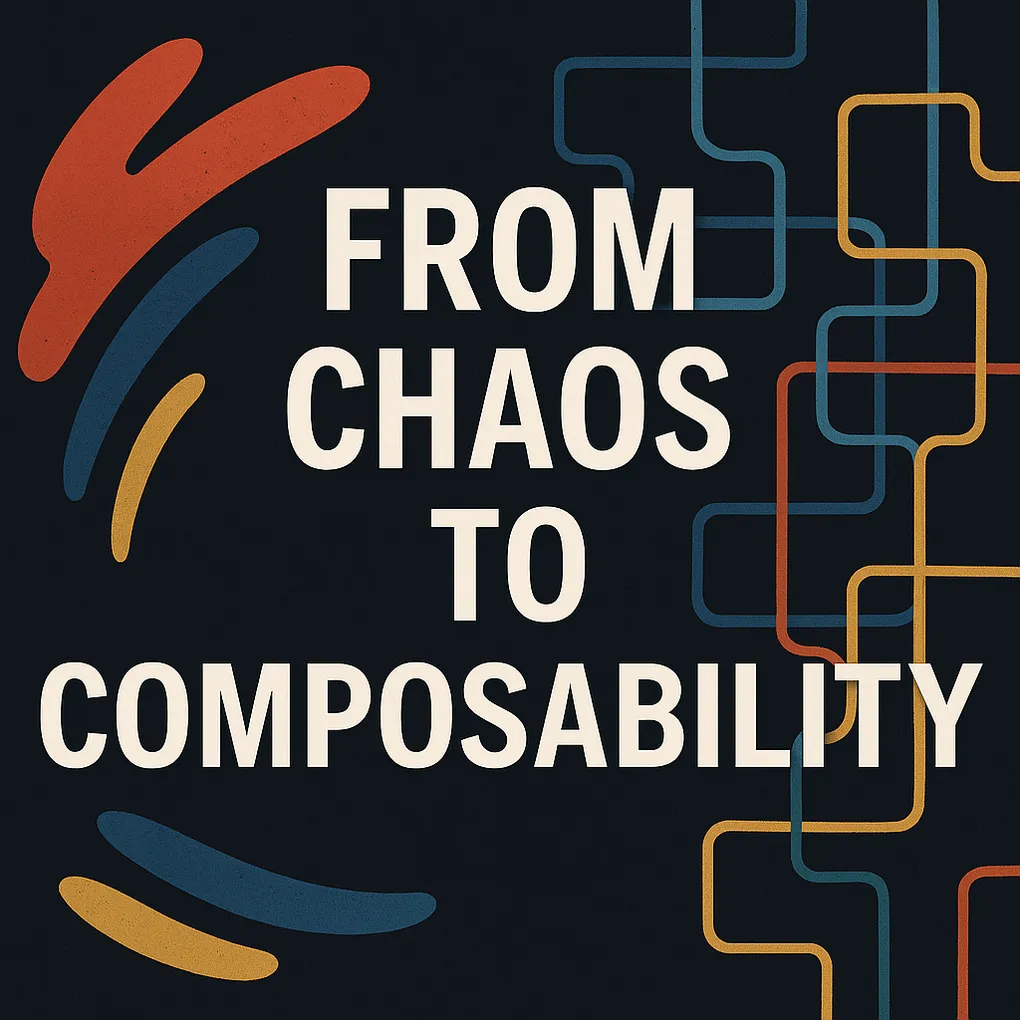
🧩From Chaos to Composability: Building with MCP, NoCoDB, and the New Dev Stack
Today marks a milestone in our push toward building a truly composable agent ecosystem — something we’ve been inching toward for months. But what happened today wasn’t just a proof-of-concept. It was the first day our infrastructure genuinely felt alive.
🔧 What We Did
We’ve been experimenting with a ton of moving parts lately, but today we brought them together in one working pipeline: • ✅ Got NoCoDB integrated as a tool-accessible database via an MCP server • ✅ Configured MCP (Model Context Protocol) properly with .env scoping, project isolation, and Copilot compatibility • ✅ Switched development to Visual Studio Code, leaving IntelliJ behind for this workflow • ✅ Verified end-to-end tool loop: tasks → database → Copilot query → usable agent actions • ✅ Explored CLI-based inspection/debugging using mcpcli, npx, and FKA.dev’s emerging Go-based tooling
What surprised us most? How much more integrated and intelligent GitHub Copilot is inside VS Code. We’re talking live access to toolchains, GitHub Actions pipelines, Codespaces, and full-stack CI/CD automation — out of the box. IntelliJ just isn’t in that league for this kind of AI-native work.
⸻
🧠 What We Learned
🔸 MCP Is Bigger Than OpenAI
Let’s clarify: MCP isn’t just OpenAI’s thing. It was originally conceptualized by folks at Anthropic, and it’s quickly becoming a standard for how LLMs interact with tools — across providers. OpenAI is still catching up in some ways, which is why the integrations can feel awkward right now, especially inside ChatGPT itself.
But when it works (like it did today), it feels like the foundation of the future — composable, inspectable, language-agnostic agents.
🔸 NoCoDB as a Lightweight Testbed
We used NoCoDB not because it’s the best database — but because it lets us move fast. It’s a solid middle-ground: flexible enough to build on, structured enough to wire into agents, and fast enough to prototype ideas. It’s a perfect placeholder while we look into deeper infrastructure like Google’s new Stitch platform.
🔸 GitHub + Copilot + Codespaces = 🧠💥
The deeper we go with Copilot’s VS Code integration, the clearer it becomes: this is where the future of dev automation lives. Whether you’re running MCP servers, editing tool metadata, or testing agent loops, Copilot feels like an AI teammate. The fact that it understands mcp.json and can use our tools in conversation was a breakthrough moment.
⸻
🧪 What’s Next
We’re extending this stack into real-world use cases: • Low-code automation using platforms like Windmill or n8n.io • Communication agents that can: • Parse and react to RSS feeds • Send and receive SMS messages • Trigger workflows based on email, webhooks, or incoming form data • Local-first privacy: soon we’ll start testing local LLMs to bring this all in-house • Knowledge graph + union organizing tools for campaign-style workflows (political or otherwise)
This is all about building tools that scale us — not waiting for some VC-funded startup to package our brains in a SaaS dashboard.
⸻
🌱 Closing Thought
Today, we didn’t just write code — we rewired our workflow. We stood up agents that talk to tools, tools that talk to data, and an IDE that talks back like a collaborator.
This is the frontier of automation — not just AI that chats, but AI that builds, executes, and grows with you.
And at Wade.Digital, we’re not just building the tools. We’re building the infrastructure to never do the same thing twice.